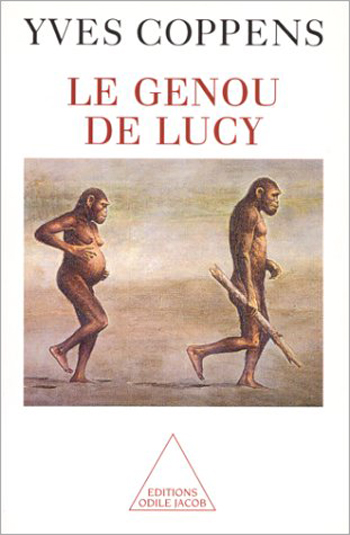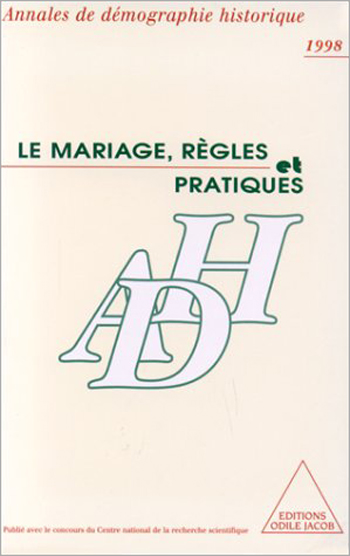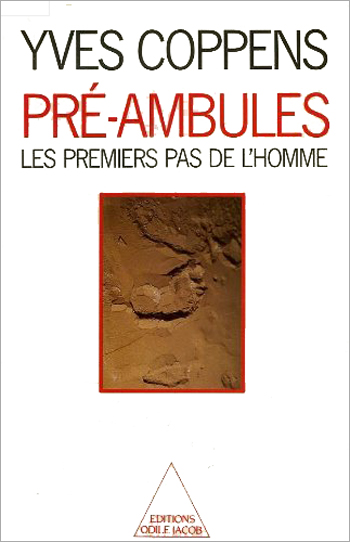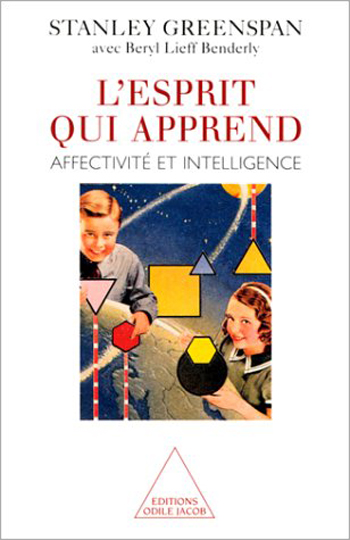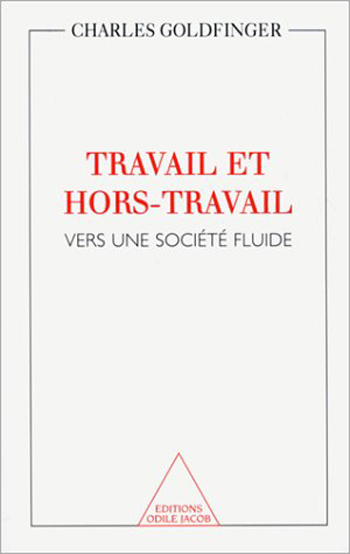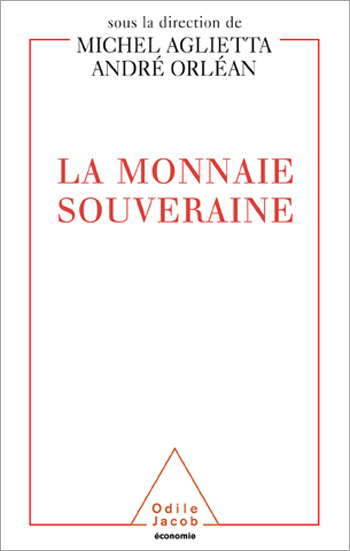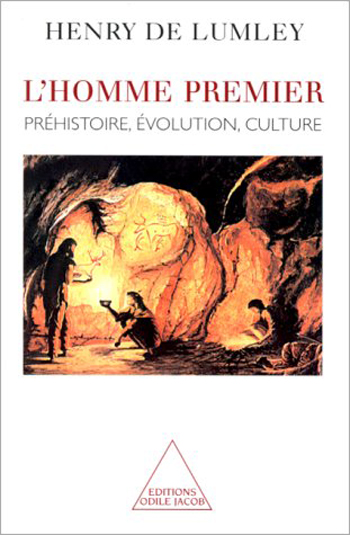Human Sciences All books
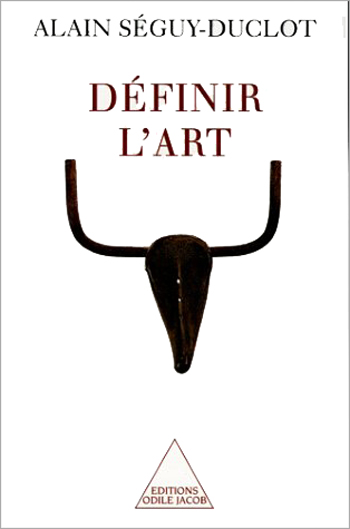
Alain Séguy-Duclot
Defining Art
The general consensus is that art is impossible to define and that the evaluation of works of art is always subjective. Countering these affirmations, Alain Séguy-Duclot shows in this work that art can, in fact, be defined. Duchamp's readymades (industrial objects in series, snow shovels, wine racks, etc) constitute a point of departure for this reflection. He argues that, rather than showing that art was undefinable, the readymades proved that art was definable. It is this that Séguy-Duclot sets out to prove in this incisive and passionate work. Alain Séguy-Duclot is a philosopher, and a professor at the University of Tours.
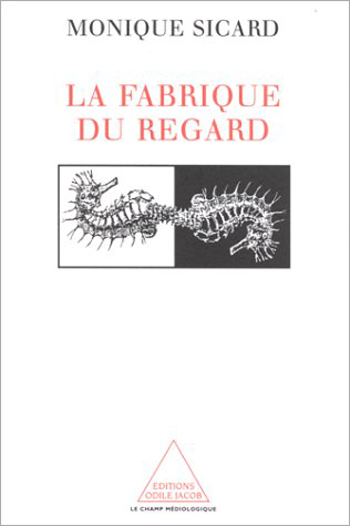
Monique Sicard
The Making of the Image
It was during the Renaissance that images and pictures were first used by anatomists, microscopists, and astronomers as scientific tools. In that era, scientific images served as a kind of inventory of the known world. In the 19th century, the popularization of scientific ideas gave science a new vigor. Photographic images gave science a new reality, explaining and legitimizing scientific concepts--movement, for example--to a fascinated public. In our days, the scientific image is often a construction--helping us to represent objects and ideas that, like fractals or black holes, cannot be defined through actual observation. Monique Sicard is Projects Director at CNRS Images Média.
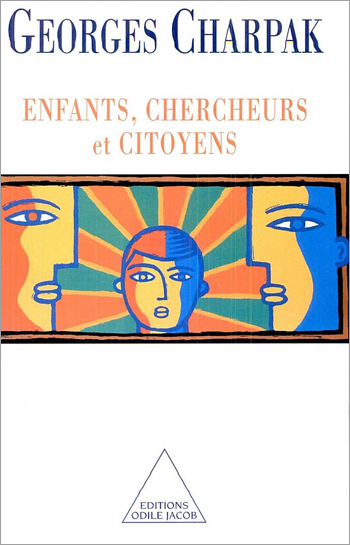
Georges Charpak
Children, Researchers and Citizens
Georges Charpak has taken the initiative for a complete reform of our methods of science teaching. He proposes a teaching method based on creativity and problem-solving, instead of the old theoretical, book-based approach. This book recounts the experiences of two teams of French educators in a research institution created by Leon Lederman in Chicago, and the lessons which we can take from their experiences. Pollens shows that to learn is to discover, and that it is in discovering that one learns. Georges Charpak is a Nobel laureate in physics, and the author of La vie à fil tendu and Feux follets et champignons nucléaires, both published by Editions Odile Jacob.
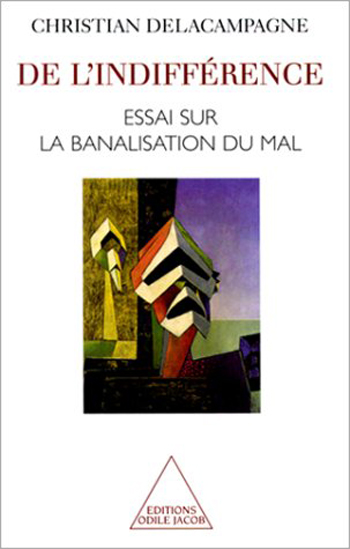
Christian Delacampagne
Of Indifference An Essay on the Banalization of Good and Evil
What can we forget, and what had we best remember? What is "good" and what is "bad" indifference? Christian Delacampagne proposes a re-evaluation of genocide and of crimes against humanity in the face of an intellectual confusion that leads, according to Hannah Arendt, to a real "banalization of evil." Christian Delacampagne is a philosopher and a journalist at Le Monde.
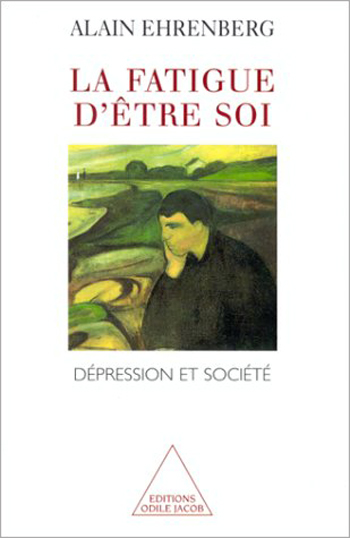
Alain Ehrenberg
Tired of Yourself Depression and Society
Examining the changes that have occurred since the 19th century in both psychiatry and society at large, this book shows how the internal collapse that is depression is the ultimate symbol of our culture of powerlessness. The depressed person cannot rise above the demands imposed on him or that he imposes on himself. He has no recourse but fatigue, inhibition, and indecision. But what does it mean to learn to be oneself? Is our society merely creating huge numbers of hypochondriacs? Can we any longer draw a line between the small unhappinesses and frustrations of daily life, and pathological suffering? Alain Ehrenberg is a sociologist.
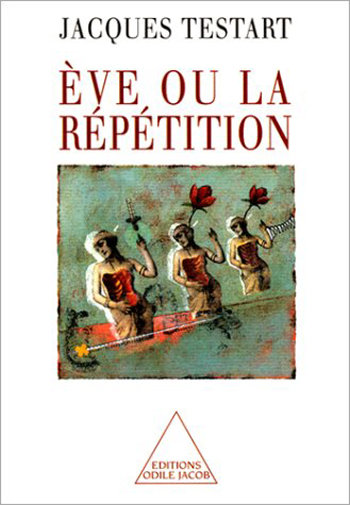
Jacques Testard
Eve, or the Clone ?
It's 2016 in Paris. Not much has changed, except that, now, a huge protective wall separates privileged neighborhoods from the surrounding slums, which are crowded which those of inferior genes. A member of the National Committee for Genetic Evaluation, young Eve observes the world around her without much soul-searching. That is, until the day when a series of strange e-mail messages turn her life upside down. Before his death, her father had discovered how to clone human beings. Has he tried out his discovery on his very own daughter? Part scientific fable, part story of love and suspense, Testart brings up ethical questions posed by the possibility of human cloning. Father of the first French test-tube baby, Jacques Testart is director of the in vitro fertilization laboratory at the Antoine-Béclère Hospital.
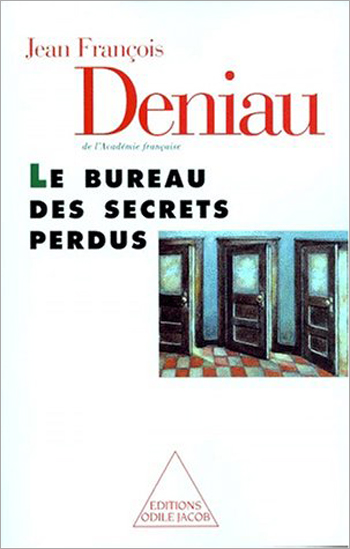
Jean-François Deniau
The Office of Lost Secrets
La Rochefoucauld once wrote that "neither the sun nor death can be stared at. " The French moralist could have added that truth also can be blinding. Deniau examines several particularly spectacular cases throughout history and under a variety of political regimes, where leaders in the upper echelons of civil and military power have refused to face the truth. He studies major cases in the fields of espionage and international relations, proposing new interpretations of some of these cases, including of the Dreyfus affair. Jean-François Deniau is the author of numerous best-sellers, and a member of the Académie Française.

